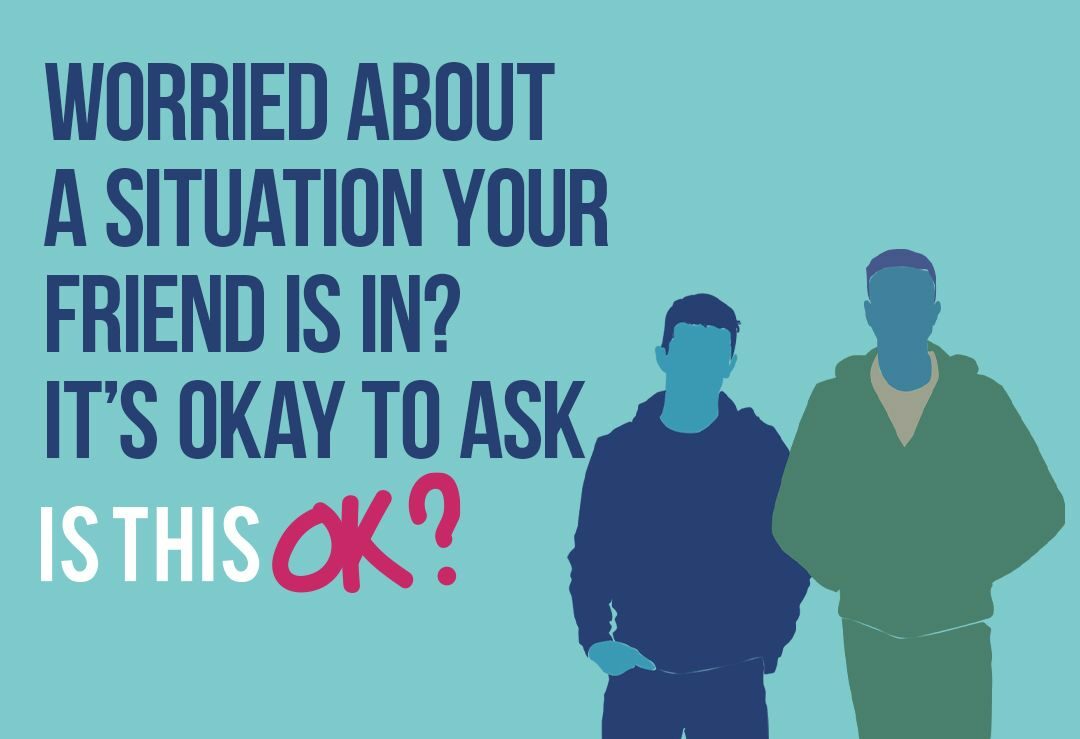
Our service Is This OK? provides free, anonymous support to young people affected by criminal and sexual exploitation via an online chat support service. This ground-breaking service is a partnership between Missing People and Childline with chats being answered by both organisations. But is it effective and does it achieve what it aims to?
Thanks to The University of Liverpool, an independent evaluation of the service has been completed to establish just that. The evaluation covered from its official launch in May 2021 to March 2022.
A new marketing strategy was developed for the May 2021 launch primarily led by young people. Consultation groups ensured the creatives for the service were appropriate for young people and the correct social platforms were used to promote the service.
In the 11 months covered by the evaluation, the chat was accessed 487 times by at least 274 young people. Of this number, 238 users went on to chat with someone from NSPCC or Missing People.
The evaluation concluded that roughly 9% of young people who accessed the chat fit the target group (people experiencing criminal or sexual exploitation). 13% discussed issues related to exploitation or potential signs of exploitation (sexual violence, carrying a weapon, associating with older people).
Evidently, young people were reached and there is a desire for the service. However, the evaluation noted questions around whether the advertising of the service could be fine-tuned. It could be made clearer that the service was for young people experiencing exploitation. Moreover, they could improve the promotion of the service to this target group.
Only a small percentage of young people that come through to the chat indicate that they are being exploited. However, these young people are engaged and are being supported to the extent that they are talking to a call handler.
The evaluation includes that the service is valuable in providing a safe space for young people. It allows them to seek advice and explore their options and next steps. However, the data shows that young people are being signposted to national services. Instead, they could signpost to local provisions which might offer better, more specific support.
This could be because of the confidential nature of the service meaning young people are hesitant to disclose their location. The evaluation noted this as a recommendation that will be explored in the future to see how local signposting can be done more effectively.
Equally, only 50% of those who completed the post-chat survey said they felt better after the chat. Thus, indicating further work needs to be done to ensure each user’s unique needs are met.
One key feedback explored was the different delivery styles each charity (Missing People and Childline) took when answering chats. On one hand, Childline took a more therapeutic approach. On the other hand, Missing People took a more direct approach to actively exploring the risks being disclosed in the chat.
Looking forward, the evaluation calls for a unified and consistent approach in the delivery to ensure consistency in the support young people receive.
It also highlighted that the service may not be meeting the service demand due to the limited opening hours. Questions were raised about the opening hours of the services. It does not seem to represent the target group’s needs and young people may be missing out on support as a result.
However, the evaluation highlighted the strength of the partnerships utilised in the service, working with local authorities and young people across the service areas and consulting external groups regularly since its launch.
Overall, the evaluation proves there is a need for the service and that it is reaching vulnerable people affected by criminal and sexual exploitation. However, there are improvements that could help reach this target group even further.
The evaluation provided great recommendations to help the service achieve its full potential. We’re excited to implement these as the project continues.
By joining the community, you will help us to be there online and in your local community. You will be sent emails to safely share appeals for people who are missing. It is free to join and you can unsubscribe at any time.